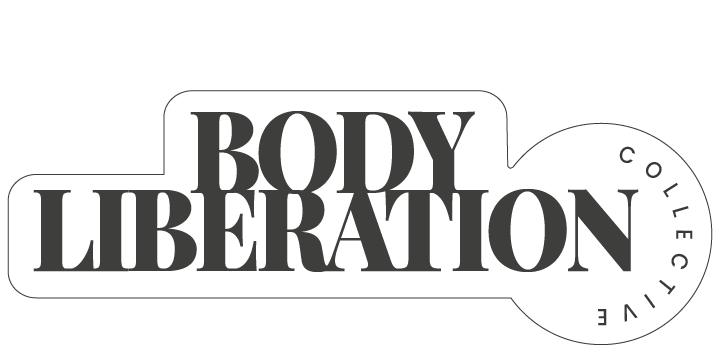How Do I Know If I Should Seek Eating Disorder Treatment?
Determining whether you should seek treatment for an eating disorder is an important and often challenging step. Oftentimes, even if you suspect you have an eating disorder, you may think you can manage it on your own or your struggles aren't serious enough to require treatment.
For example, many people with eating disorders struggle with “anosognosia,” where the individual is unable to recognize that they are ill. Anosognosia is not denial; rather, it's a genuine inability to perceive the severity of one's condition, making it particularly difficult to acknowledge the need for help.
Additionally, it’s common for individuals with eating disorders to convince themselves they are "fine” to avoid the daunting steps towards recovery. Acknowledging the disorder can be terrifying because it means confronting fears, changing deeply ingrained habits, and facing the unknown. However, staying in denial only prolongs the suffering and prevents healing.
When it comes to eating disorders, we recommend seeking help at the first signs of concern as early intervention often will provide the highest likelihood of full recovery.
So, even if you…
Think that you aren’t “sick enough”
Believe you are “too big” to have an eating disorder
Aren't “underweight” or look “normal”
Have never had medical complications from your eating habits
Believe others “have it worse than you”
Don’t think your eating disorder is “life-threatening”
See other people eating the same way as you do
If you are struggling with a preoccupation with food, calories, eating, exercise, body image, or weight -- you absolutely deserve to receive help.
Here are some other signs and considerations that might indicate a consultation is a good idea:
PHYSICAL
Hair loss or dry skin
Gastrointestinal issues (i.e., stomach pain, constipation, or acid reflux)
Experiencing menstrual irregularities
Feeling unusually tired, weak, or dizzy
Sleeping difficulties or insomnia
Perpetually feeling cold
BEHAVIORAL
Frequent weighing
Restrictive eating habits or frequent dieting
Binge eating
Purging behaviors
Avoiding social situations involving food or making excuses not to eat around others
Lying about or hiding what you eat
Rigidly eating the same foods
Compulsively exercising
Cooking for others but not for yourself
Spending an excessive amount of time planning meals
EMOTIONAL AND PSYCHOLOGICAL
Losing interest in things you used to enjoy
Feeling extreme guilt or shame about eating habits or body image
Having a distorted perception of body size or shape
Experiencing mood swings, depression, anxiety, or irritability
An obsessive need for perfection surrounding your body and eating routines
Thinking about food all the time
If you identify with any of the signs or symptoms listed above, it might be worth seeking treatment. We offer free consultation calls if you are interested in exploring what this would look like. You can reach out to us here.
